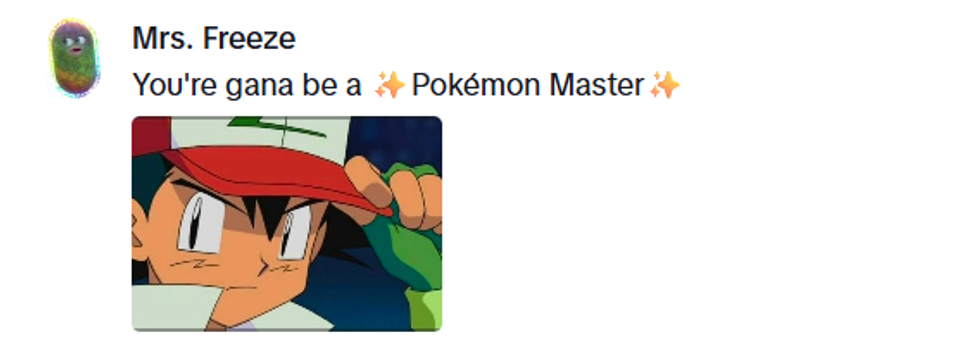High end fashion retailers like H&M and Zara have discontinued selling apparel made out of mohair due to the violent treatment of animals on a goat farm.
Mohair is a popular fiber known for its soft texture and is sheared from Angora goats to produce sweaters and scarves, but the process in which workers obtain the fibers is downright disturbing as evidenced by a recent PETA report.
The fashion retailers' movement launched after the People for the Ethical Treatment of Animals exposed an unsettling video from an investigation looking into severe animal cruelty on South African goat farms, where half of the world's mohair comes from.
The Washington Post cited examples from the violent footage, which "shows workers dragging goats by the horns and legs, and lifting them off the floor by their tails. In some cases, the goats cry as they are shorn. Afterward, workers are seen throwing goats across the floor."
Warning, the video below is very graphic.
The act of shearing on these farms is a harrowing experience for the prey animals who are terrified of being held down.
Their fur is often matted with feces, and careless workers dunk the goats into large tanks filled with cleaning solution and force their heads down while being cognizant of the fact that the animals can ingest the poisonous liquid.
H&M has been working together with PETA and aims to be ethical, transparent, and responsible, but the process of permanently banning mohair could take a while.
Helena Johansson, a spokeswoman for H&M Group, wrote an email explaining the difficulty in sourcing which farms their merchandise originates from.
The supply chain for mohair production is challenging to control — a credible standard does not exist — therefore we have decided to ban mohair fiber from our assortment by 2020 at the latest.
According to the Post, industry analysts noticed that consumers are willing to spend more money for "ethically sourced clothing."
PETA's investigation revealed that workers at the goat farm are paid by volume, which explains their reckless pace at shearing the animals, often leaving them "cut up and bleeding."
The animals were sometimes killed after shearing, investigators said. At one farm, a worker cut the throats of conscious goats with a dull knife and then broke their necks, according to PETA. Other goats were taken to a slaughterhouse, where they were shocked with electricity, hung upside down and slashed across the throat.
H&M and Zara are joined by Gap and Topshop to pledge against selling products with mohair. Abercrombie & Fitch also said they will ban mohair, and Express Inc. announced they have "[no current or] future plans to include mohair in our assortment."
H/T - WashingtonPost, DesignTaxi, PetaIndia, Twitter














 Happy Feeling Myself GIF by Laff
Happy Feeling Myself GIF by Laff  Charlie Day Ok GIF
Charlie Day Ok GIF  Happy Sesame Street GIF by Muppet Wiki
Happy Sesame Street GIF by Muppet Wiki 
 @max_balegde/TikTok
@max_balegde/TikTok @max_balegde/TikTok
@max_balegde/TikTok @max_balegde/TikTok
@max_balegde/TikTok @max_balegde/TikTok
@max_balegde/TikTok @max_balegde/TikTok
@max_balegde/TikTok @max_balegde/TikTok
@max_balegde/TikTok @max_balegde/TikTok
@max_balegde/TikTok @max_balegde/TikTok
@max_balegde/TikTok @max_balegde/TikTok
@max_balegde/TikTok @max_balegde/TikTok
@max_balegde/TikTok
 @jackuno/Instagram
@jackuno/Instagram @jackuno/Instagram
@jackuno/Instagram @jackuno/Instagram
@jackuno/Instagram @jackuno/Instagram
@jackuno/Instagram @jackuno/Instagram
@jackuno/Instagram @jackuno/Instagram
@jackuno/Instagram @jackuno/Instagram
@jackuno/Instagram @jackuno/Instagram
@jackuno/Instagram